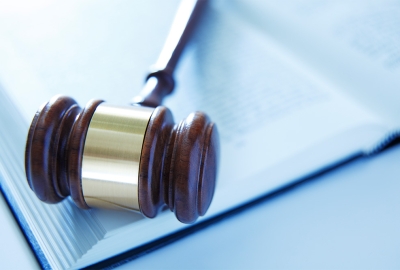Coronavirus Lawsuits and Mitigating Legal Exposure
The first wave of Coronavirus (COVID-19) lawsuits has already been filed. These legal actions come in several varieties, including claims against disreputable retailers peddling fake cures and even a series of implausible lawsuits against the People?s Republic of China. However, one variety to watch are lawsuits targeting businesses which negligently or recklessly expose customers to the Coronavirus. Businesses face economic pressure to remain open, provide services to the public, and continue paying employees? salaries, but these needs must be considered against the very real risk of lawsuits for not acting swiftly enough to address potential transmission of the Coronavirus.
While Governor Baker has issued an order requiring all businesses and organizations that do not provide ?COVID-19 Essential Services? to close their physical workplaces and facilities, many businesses have been designated ?essential? and will continue to operate. Yet more businesses can apply for an ?essential? designation and remain open. And, even after the order is eventually rescinded, the Coronavirus will likely continue to pose a threat to public health for some time. No business is immune or insulated from potential Coronavirus related lawsuits.
An early example of this type of Coronavirus lawsuit has been against cruise lines. These businesses are easy targets for such lawsuits because by their nature many people are confined in tight spaces presenting an increased risk for transmission of the virus. Princess Cruise Lines in particular has already seen multiple lawsuits filed against it. Passengers claim that the company?s failure to take proper precautions, implement appropriate safety or screening measures, and issue necessary warnings put passengers and crew at risk for infection and immediate physical injury. While cruise lines are obvious targets, almost any business can operate in a way that arguably exposes its customers to potential infection.
Businesses in all industries should expect similar suits to follow and should proactively adopt measures in order to minimize legal exposure. Customers may also insist on protective measures. Such measures include, but are not limited to:
- Full compliance with all directives from the government;
- Adopting revised standard operating procedures, as well as special protocols to respond to any actual or constructive knowledge of infection risk. Each business? response will be unique and fact-specific, and Rich May attorneys can provide guidance on ?reasonable? policies, but general steps to consider include: modification of cleaning/disinfection procedures, screening/reporting of symptoms, policies of sending sick employees home, isolating/removing potentially infected individuals, and modifying business practices to lower exposure risks; and
- Prompt and conspicuous notifications of any risk of exposure in order to mitigate potential harm and to potentially serve as a defense against any negligence action.
Anyone with questions can contact Rich May, P.C. attorney Nathaniel Donoghue.
Disclaimer: This summary is provided for educational and informational purposes only and is not legal advice. Any specific questions about these topics should be directed to attorney Nathaniel Donoghue, Jeffrey Loeb, and David Glod.


